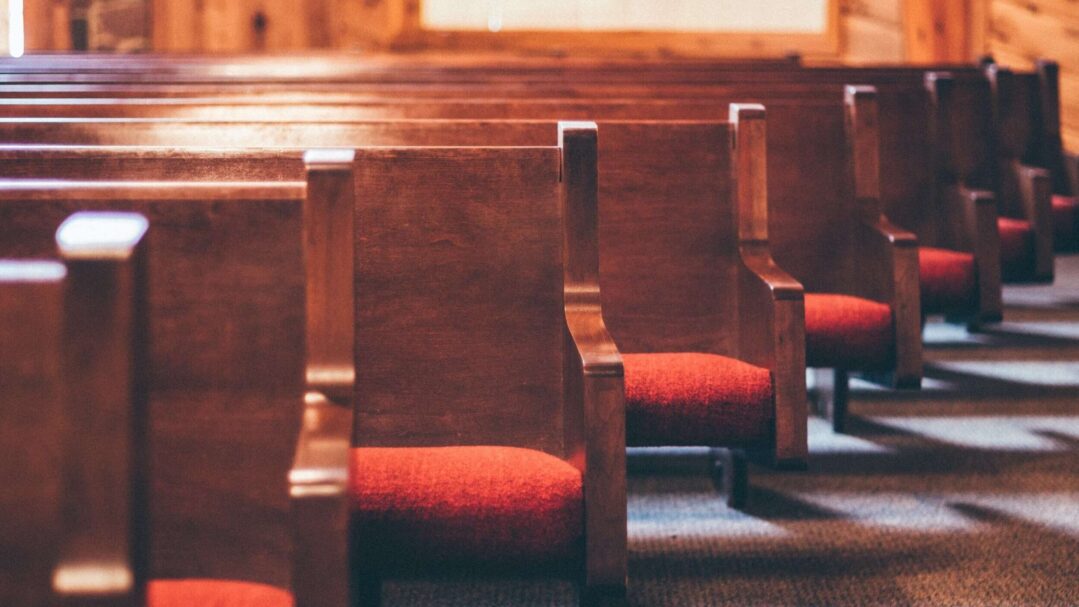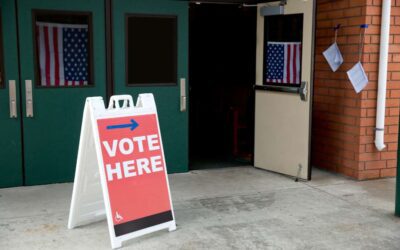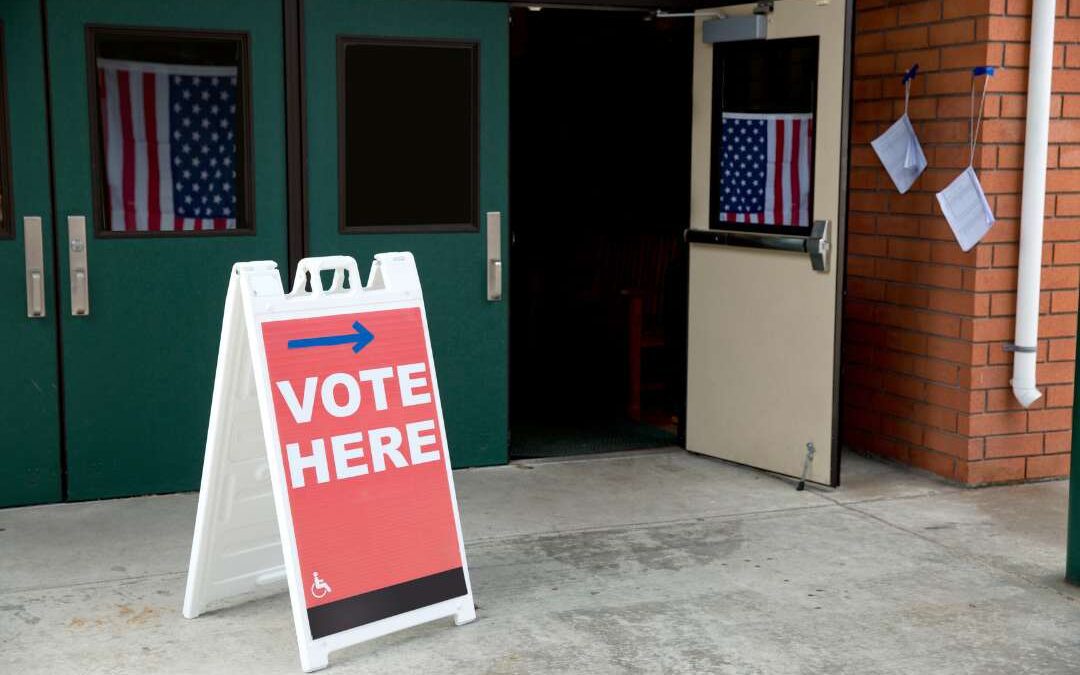“What has the diversity of my church cost me?” That’s a question so many American Christians have never thought to ask. We’ve been trained to view church as consumers, asking only, “What’s in it for me?” And so we applaud diversity in our churches and pray for more diversity, never dreaming that such a request may be answered in a way that is quite costly to us.
Yet true unity in diversity is quite costly, and when that comes as a surprise it can be the cause of much turmoil, both in our churches and in our hearts. It’s easy to say that your church is built on Christ alone, and not on Christ and a shared political philosophy or Christ and a shared ethnicity or Christ and shared beliefs about homeschooling. It’s easy to say that, but do we really understand what that ideal will cost us?
The Costs of Unity in Diversity
If I were creating a church planting plan for first-century Ephesus, I would encourage a church for Jews in one part of the city and a church for Gentiles in another, praying that over time they’d increasingly cooperate. But God’s plan was for this church to be Jew-Gentile from the very beginning (Eph. 2:19), with all the miscommunication, mistrust, and misunderstandings that no doubt ensued. That must have been explosive.
I could say the same about differences of conscience (Rom. 14) and differences of culture (Acts 6). A church united around Christ alone yet drawn from diverse elements of society will be explosive.
So what does it cost to be in that kind of a church?
1. Uniting around Christ alone means a church will not avoid social controversy.
So often we’re surprised and disturbed when the turmoil of society breaches the walls of the church. We shouldn’t be. Yes, that conversation should have a different character within the church; yes, that conversation shouldn’t be central. But its existence is an inevitable implication of unity around Christ alone in a diverse congregation. During the protests and riots that cut deeply into my city last summer, I asked a pastor of a nearby church how his congregation was doing. “Just fine,” he replied. “Because we’re not very diverse,” he added with a frown. So insightful.
In a local church, we unite around what is primary: the gospel of Jesus Christ. But if a congregation is diverse then it will inevitably disagree about what is secondary: how a city should address the consequences of racism, whether abortion alone should determine my vote, if Christians should embrace or abandon public schools, whether society should curtail policing powers, and the list goes on. Beyond that, if those secondary issues are important then they will and should spur strong emotions, strong disagreements, and strong responses.
That doesn’t mean that churches or the Christians in those churches will handle these disagreements well. But the very presence of such disagreement should not dishearten; it may be a sign that we really have united around Christ alone despite our differences.
2. Uniting around Christ alone means that churches (and pastors) are limited in what they should say.
If your church is united around Christ alone, then what is said from the pulpit about important, secondary issues will likely be less forceful, less frequent, and less focused than your convictions would prefer. And that can be very hard. “This is the greatest moment of racial reckoning in a generation and my pastor’s talking about the same old stuff,” we might think, or, “This is the greatest threat to religious liberty in a generation and my pastor’s talking about the same old stuff.” Pastors should address important, secondary issues from the pulpit. But if your church is composed of a diversity of perspectives on these issues—because you’re united around Christ alone—then your pastor’s statements will be less focused, less frequent, and less forceful than anyone would prefer—including him. And as Christians, love overruns preference.
I think Kevin de Young put this well in a recent article: “It may be that your pastor is cowardly trying to make everyone happy. That won’t work. But it may be that he is trying to wisely shepherd a diverse flock in a way that helps the sheep to focus on Christ and him crucified (1).” The less diverse a congregation is—and wants to be—the more a pastor will feel freedom to engage publicly on important, secondary issues where Christians can legitimately disagree. But consider the cost.
3. Uniting around Christ alone means that people in your church won’t appear to “get it” when it comes to important, secondary issues.
If your church is united around Christ alone, then you will often be frustrated by just how often people don’t see straight on important, secondary issues. “I cannot believe that I go to a church with people who think X, or Y, or Z.” Beyond that, it’s not just that these people don’t “get it” about important issues, they don’t “get you” either. Diversity means that you will not enjoy the innate, never-have-to-explain-because-they-just-know understanding that we all love so much. This may not be what we’re thinking about when we pray for our churches to unite around Christ alone, but in a fallen world this is God’s gracious answer to that prayer. And the temptation is so strong to flee your church to a church where people think more like you do. Which means fleeing to a church that is about Jesus and something else. Not the churches of Acts 6, Romans 14, or Ephesians 2.
When I’m doing premarital counseling, I point out that when God made Eve to be a helper who “corresponds” to Adam (Gen. 2:20), it means that the power of marriage is in the differences between husband and wife. If Adam and Eve had been identical, their marriage would have had no purpose. And yet…it is those differences that will drive you crazy in your marriage. How many young husbands or young wives have in frustration thought something like “if you’d just think about this like I do, things would be so much easier!” That statement is true…and it misses the point of the marriage entirely.
The same is true in your church. When you say, “things would be so much easier if these people would just look at this like I do,” you are absolutely right. And you totally miss what church is about. Our diversity on secondary matters is what highlights the value of the Christ who unites us. Get rid of that diversity and while church becomes easier, it forfeits its power.
Explosive in Glory
But of course, as much as unity amidst diversity is costly to us, it was infinitely more costly to our Savior, wasn’t it? It is only because his body hung on a cross that we can be the parts of his body. And that is the good news of this story. Jesus’ sacrifice is costly enough to pay the price of unity, no matter our diversity (Eph. 2:14).
I mentioned that the Jew-Gentile church of Ephesians 2, the meat-no meat church of Romans 14, the Hebrew-Hellenist church of Acts 6 must have been explosive. They were, but not merely in the way our world would think. They were explosive in their power. Unity in Christ is stronger than any secondary differences we might have. You do not have to flee your church to a church where people “get it.” Why not? Because if they “get” the gospel, then you share Christ in common. And Christ is bigger than those differences! Because they believed that, the New Testament churches were explosive in what they proclaimed about the gospel! Explosive witness to the power of the gospel that reached even the Jerusalem priests (Acts 6:7), that was celebrated around the world (Rom. 16:19), that amazed even those outside this world (Eph. 3:11). Yes, unity in diversity is costly. But it proclaims the glory of our savior. And so in such explosive power, it’s well worth the cost.
Image Source: https://www.thegospelcoalition.org/blogs/kevin-deyoung/what-are-we-arguing-about/
Originally Published: February 2, 2021
Prayer Requests:
- Pray that the brothers and sisters in your church would increasingly discover the glory of Christ to be worth discomfort and hardship.
- Pray that those who are considering leaving their churches for churches that feel more familiar and likeminded on secondary issues would rightly value the gospel fruit of both similarity and diversity.
- Pray that God would take whatever small sacrifices that we make to be in community with Christians we don’t see eye-to-eye with and that he would use them to accomplish great good.











